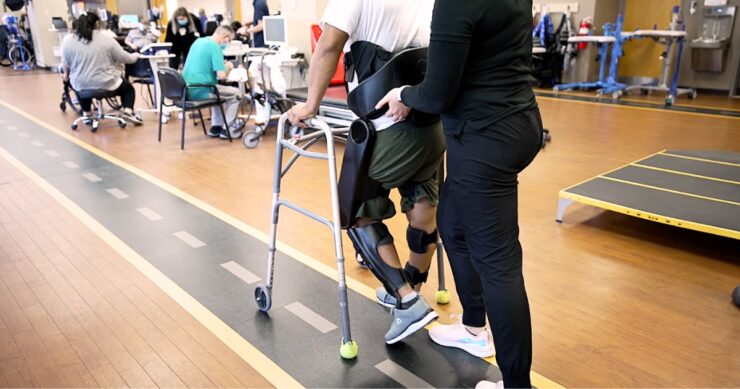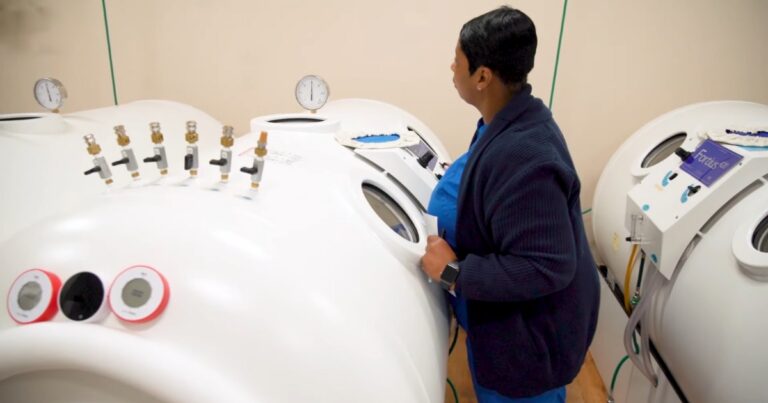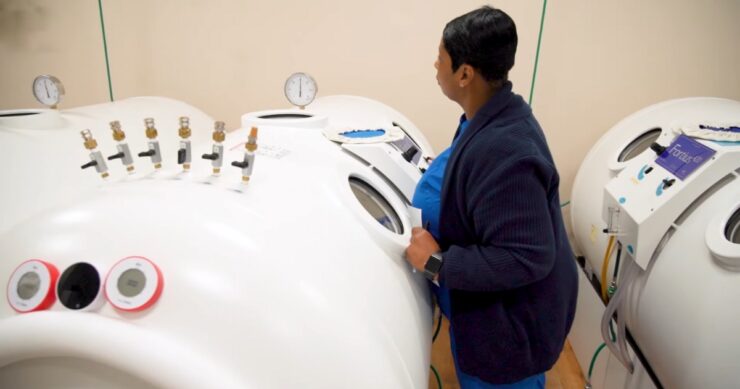Medical conditions that qualify for long-term disability can vary widely, depending on the specific insurance policy or government program in question. However, there are some common categories and conditions that are often covered.
Understanding these conditions, and the legal nuances involved in claiming long-term disability is crucial for anyone seeking such benefits.
Understanding Long-Term Disability
Long-term disability (LTD) refers to a range of insurance policies and benefits designed to provide income support to individuals who are unable to work for an extended period due to a medical condition.
These benefits are crucial for maintaining financial stability when a person can’t earn an income due to their health.
Whether you’re just starting to explore your options or need guidance, visit their website at injured.ca to access a wealth of resources and connect with professionals who can help you navigate the complexities of long-term disability. Your financial stability and peace of mind are paramount, and Injured.ca is dedicated to helping you achieve them.
Common Qualifying Conditions

Certain medical conditions are commonly recognized as qualifying for long-term disability. These include chronic illnesses, severe injuries, mental health disorders, and degenerative diseases. Chronic conditions like heart disease, diabetes, and autoimmune diseases often qualify.
Injuries resulting in long-term impairment, such as spinal cord injuries, are also common qualifiers. Mental health disorders, including depression and anxiety, are increasingly recognized. Finally, degenerative diseases like multiple sclerosis or Parkinson’s disease typically qualify.
Navigating the Legal Landscape
The legal aspects of claiming long-term disability benefits can be complex. Policies and laws governing LTD vary by region and insurer. Applicants must typically provide comprehensive medical evidence to support their claim.
This often includes medical records, statements from healthcare professionals, and sometimes, independent medical examinations.
The Role of Medical Documentation
Medical documentation is the cornerstone of a successful LTD claim. This documentation should detail the diagnosis, treatment plan, and prognosis. It’s essential that this documentation paints a clear picture of how the condition impacts the individual’s ability to work.
Challenges and Appeals

Denied claims are a reality in the LTD landscape. Many applicants face initial rejections and must navigate the appeals process. This process involves reviewing the decision, gathering additional evidence, and sometimes, legal action. It’s important for claimants to understand their rights and the specific appeals process for their policy or program.
Planning for the Future
For those on long-term disability, planning for the future is vital. This includes understanding the duration of benefits, potential for rehabilitation and return to work, and financial planning to ensure stability throughout the period of disability.
Securing Expert Legal Advice
Seeking expert legal advice is often a critical step in the process of claiming long-term disability benefits. Lawyers who specialize in disability claims can provide invaluable guidance, helping to navigate the complexities of the system, interpret policy language, and represent claimants in appeals or legal actions.
They can also assist in gathering and presenting medical evidence in the most compelling manner.
Impact on Mental Health
Living with a long-term disability not only affects physical health but also has a significant impact on mental health. It’s important for claimants and their families to be aware of this and seek appropriate support.
Mental health conditions resulting from the stress and challenges of a disability can sometimes be included in the scope of the LTD claim.
Adjusting to Life Changes
Long-term disability brings significant life changes. Adjusting to a new daily routine, managing medical treatments, and coping with financial changes require resilience and support.
Claimants should explore support networks, including counseling, support groups, and community resources, to help adapt to these changes.
Financial Considerations
Managing finances is a crucial aspect for those on long-term disability. It involves understanding the benefits package, budgeting based on the reduced income and planning for long-term financial needs. It’s also important to be aware of how returning to work, even in a limited capacity, can affect disability benefits.
Workplace Rights and Accommodations

Understanding workplace rights is essential for those hoping to return to work. Many regions have laws that require employers to provide reasonable accommodations for employees with disabilities.
Knowing these rights can help in negotiating with employers and planning a return to work that is both feasible and legal.
Government Programs for Long-Term Disability (LTD)
Government programs for LTD vary by country and region, offering different types of support. These programs typically require evidence of disability and inability to work. Understanding eligibility criteria, benefit limits, and application processes is vital.
Some programs also offer supplemental services such as healthcare coverage and vocational training, providing a comprehensive safety net for those with long-term disabilities.
Preparation Tips for Applying for LTD Benefits
When preparing to apply for LTD benefits, gather all relevant medical records and doctor’s statements. Document your work history and how your disability affects your job performance.
Understand the specifics of your insurance policy or government program, including deadlines and required forms. It’s also wise to consult with a disability lawyer or a financial advisor to ensure your application is thorough and meets all criteria.
Vocational Rehabilitation Opportunities

Vocational rehabilitation opportunities are often part of LTD benefits, aiming to help individuals return to work. These programs provide job training, education, and workplace accommodations.
Participating in these programs can demonstrate a commitment to returning to work, which can be favorable in LTD evaluations. Vocational rehabilitation is not only about employment but also focuses on improving quality of life and independence.
Strategies for Strengthening LTD Appeals
To strengthen an LTD appeal, provide additional medical evidence and detailed information about your disability’s impact on your work. Consider getting an independent medical examination to support your claim.
Legal representation can be critical; a lawyer with experience in LTD claims can offer strategic advice and navigate legal complexities. Keep detailed records of all communications and decisions related to your claim, and adhere strictly to appeal deadlines and procedures.
End Note
Qualifying for long-term disability involves navigating a complex interplay of medical, legal, and personal factors. Understanding the qualifying conditions, legal processes, and personal adjustments involved is crucial.
Securing professional legal advice, managing mental and financial health, and understanding workplace rights are all key components of successfully navigating the long-term disability landscape.
With the right knowledge and support, individuals facing long-term disability can secure the benefits they need and adapt to the significant life changes that come with their condition.











